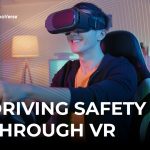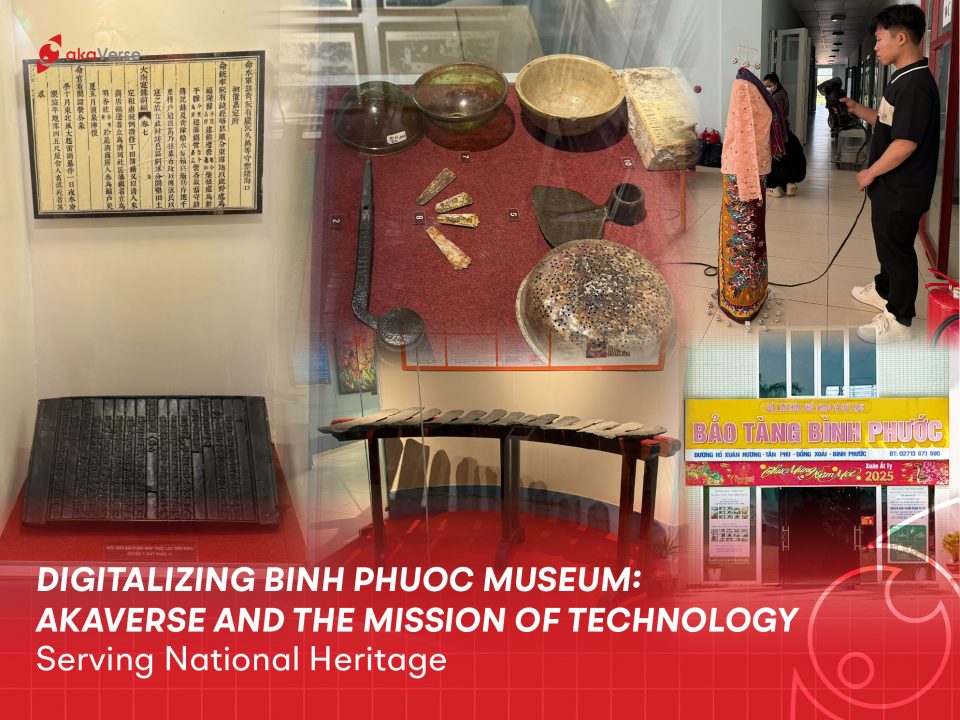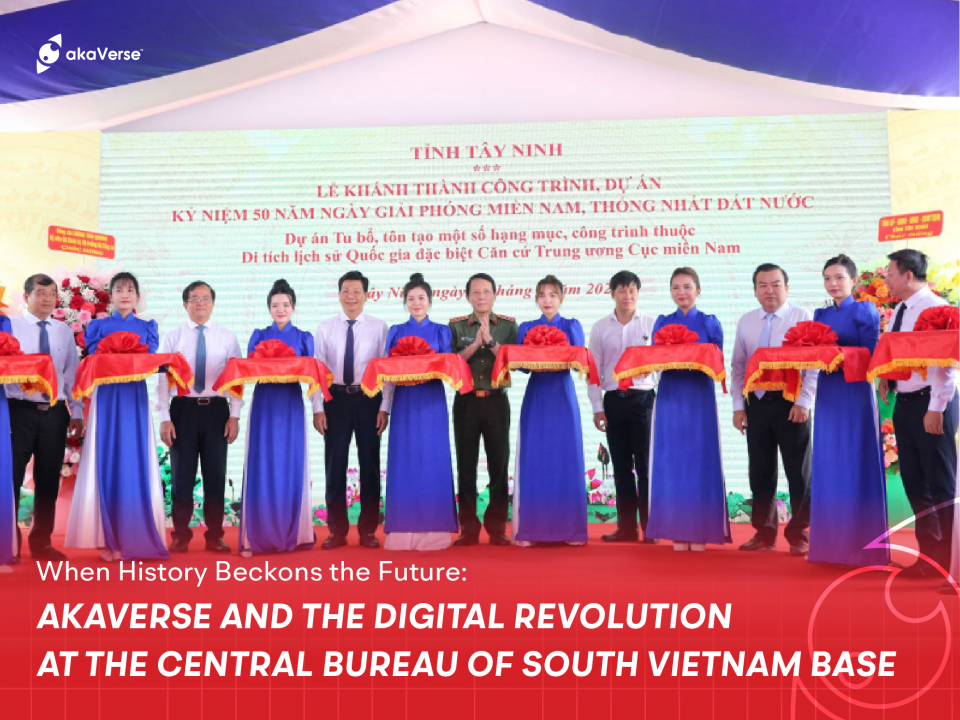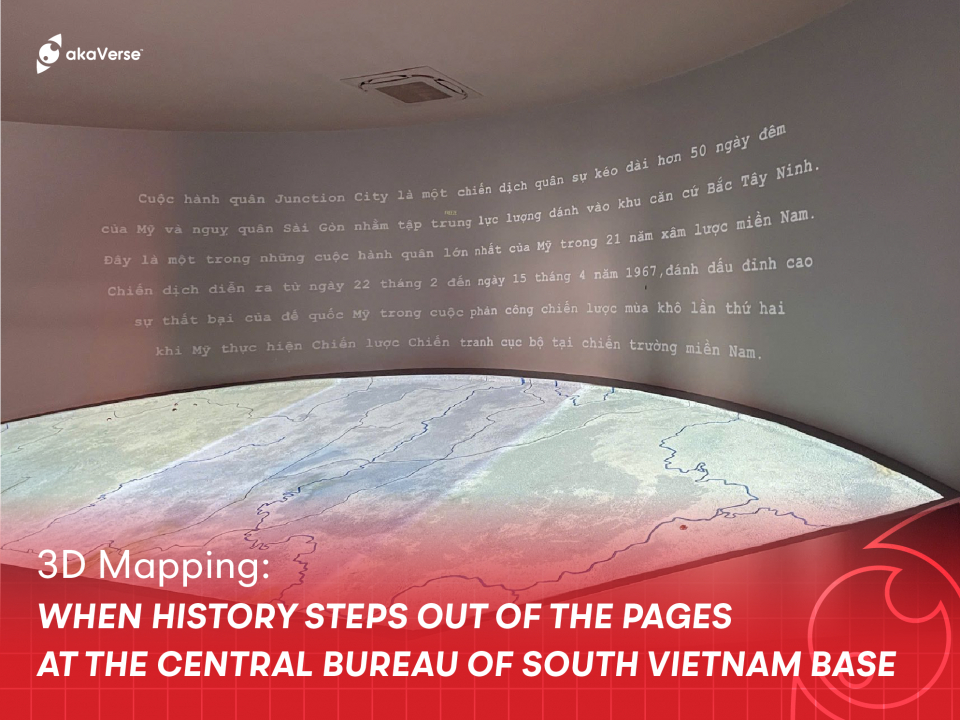Porsche’s deployment of Augmented Reality (AR) technology on its assembly lines is a groundbreaking case study in manufacturing efficiency. By integrating AR headsets, Porsche workers receive real-time, 3D visual instructions for vehicle assembly processes, dramatically enhancing accuracy and speed. This innovative approach resulted in a remarkable 𝟰𝟬% 𝗿𝗲𝗱𝘂𝗰𝘁𝗶𝗼𝗻 𝗶𝗻 𝗹𝗼𝗴𝗶𝘀𝘁𝗶𝗰𝗮𝗹 𝗼𝗽𝗲𝗿𝗮𝘁𝗶𝗼𝗻 𝘁𝗶𝗺𝗲𝘀 and slashed training periods for new employees by half, significantly accelerating the onboarding process.
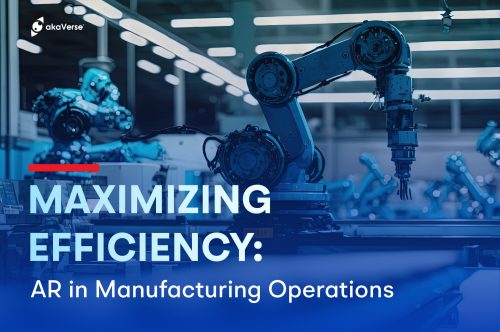
More impressively, the application of AR has led to a 𝟲𝟬% 𝗿𝗲𝗱𝘂𝗰𝘁𝗶𝗼𝗻 𝗶𝗻 𝗮𝘀𝘀𝗲𝗺𝗯𝗹𝘆 𝗲𝗿𝗿𝗼𝗿𝘀, showcasing the technology’s impact on improving quality control measures. Additionally, the case study reveals that using AR contributed to a 𝟮𝟱% 𝗶𝗻𝗰𝗿𝗲𝗮𝘀𝗲 𝗶𝗻 𝗼𝘃𝗲𝗿𝗮𝗹𝗹 𝗼𝗽𝗲𝗿𝗮𝘁𝗶𝗼𝗻𝗮𝗹 𝗲𝗳𝗳𝗶𝗰𝗶𝗲𝗻𝗰𝘆, leading to higher productivity and lower production costs.
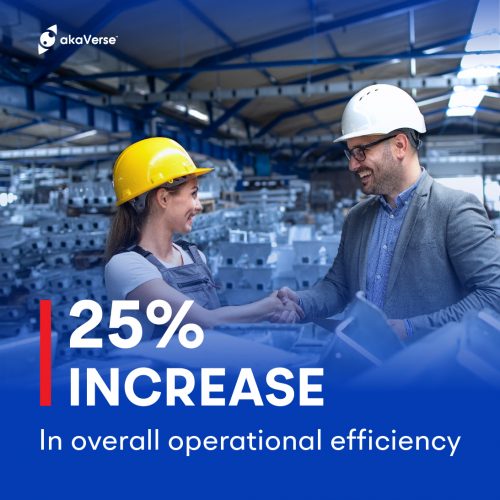
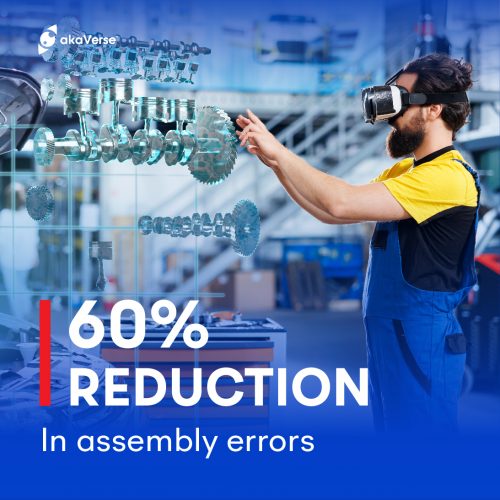
These tangible outcomes underscore the transformative power of AR in streamlining manufacturing operations and setting new benchmarks for the industry. Porsche’s success story exemplifies how integrating advanced technologies like AR can lead to substantial operational improvements, offering valuable insights for businesses seeking to enhance their manufacturing processes and competitive edge.
Explore with us the strategic implementation of VR training and its profound impact on operational efficiency and employee performance.

